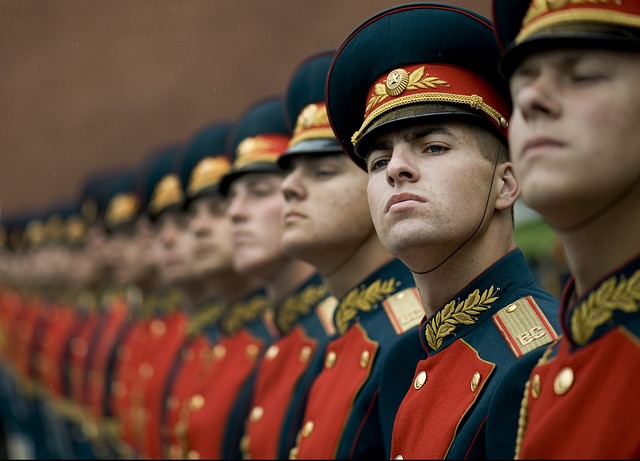The 66-year-old head of a shipyard that produces warships and submarines for the Russian Defense Ministry is the latest in a long line of influential people to pass away mysteriously in recent months.
United Shipbuilding Corporation, which made the announcement of Alexander Buzakov’s passing on Saturday, commended him for managing some of the “most difficult orders” at Admiralty Shipyards.
When Alexander Sergeevich Buzakov, General Director of Admiralty Shipyards, passed away at age 66, the United Shipbuilding Corporation, Admiralty Shipyards, and the whole national shipbuilding industry “suffered an irreparable loss,” the firm said in a statement.His “premature” death occurred “tragically,” the corporation claimed, according to the Russian news agency TASS, but neither the cause of death nor the location were given.
According to the business, Buzakov’s “major achievement” since taking over one of Russia’s largest and oldest shipyards in 2011 has been “maintaining and expanding positions in the market for contemporary non-nuclear submarines, surface boats, and deep-sea equipment.”2019 saw the release of Buzakov’s statement to Interfax that Admiralty Shipyards was eager to start building diesel-powered submarines that could fire Kalibr cruise missiles, the same weapons Moscow has been employing to indiscriminately kill civilians in Ukraine for months.
He said, “We’re ready,” and stated that the business “expects” to sign a contract with the Department of Defense in 2020.
Buzakov frequently received the highest accolades from the Russian government for his work, including two medals for services to the Fatherland and the Order of Naval Merit.St. Petersburg Governor Alexander Beglov, in comments published by Kommersant, praised Buzakov as a crucial figure for the country’s defense sector.
“His personal responsibility was great in fulfilling the most important government contracts, especially defense ones,” Beglov was quoted as saying. “The fact that our country was prepared for confrontation with the West is an essential part of his work. Russia now has a powerful military and civilian fleet.”





